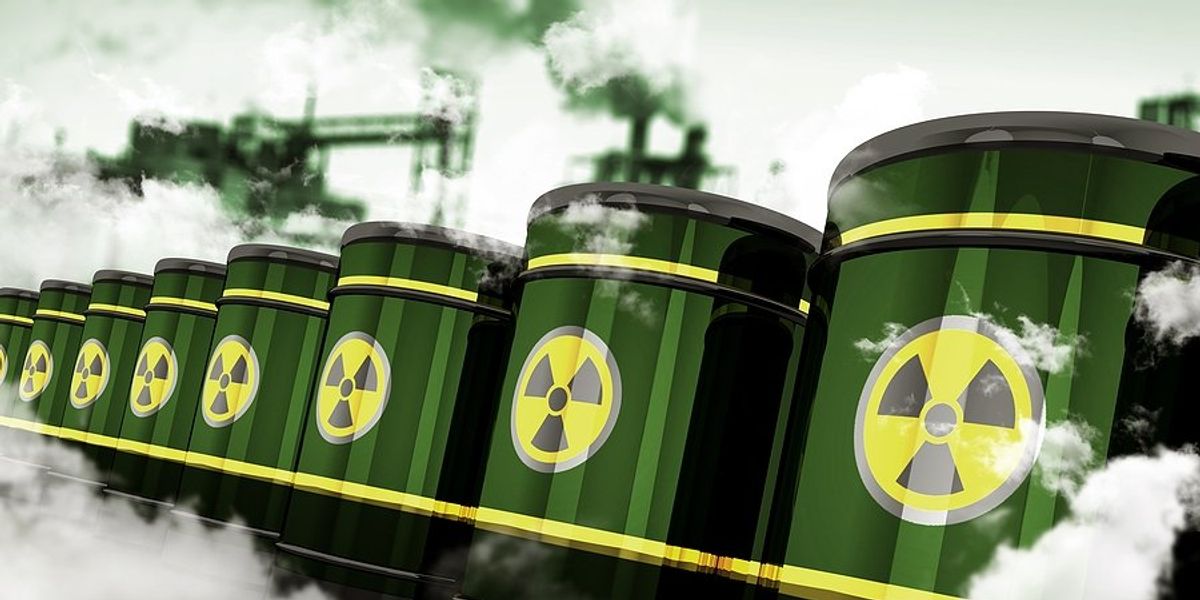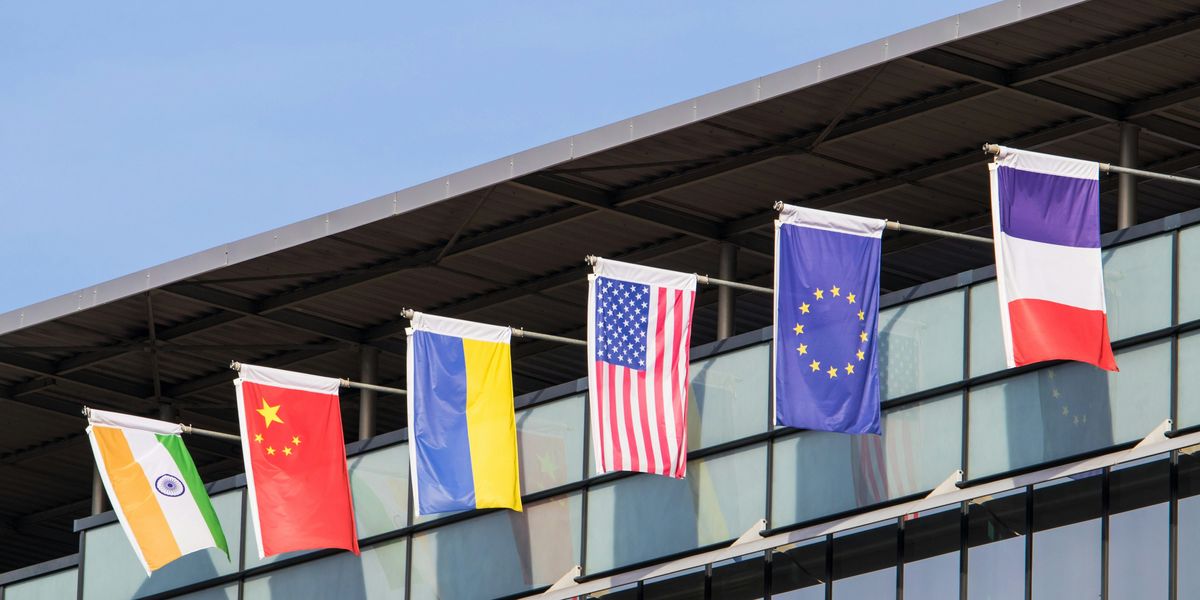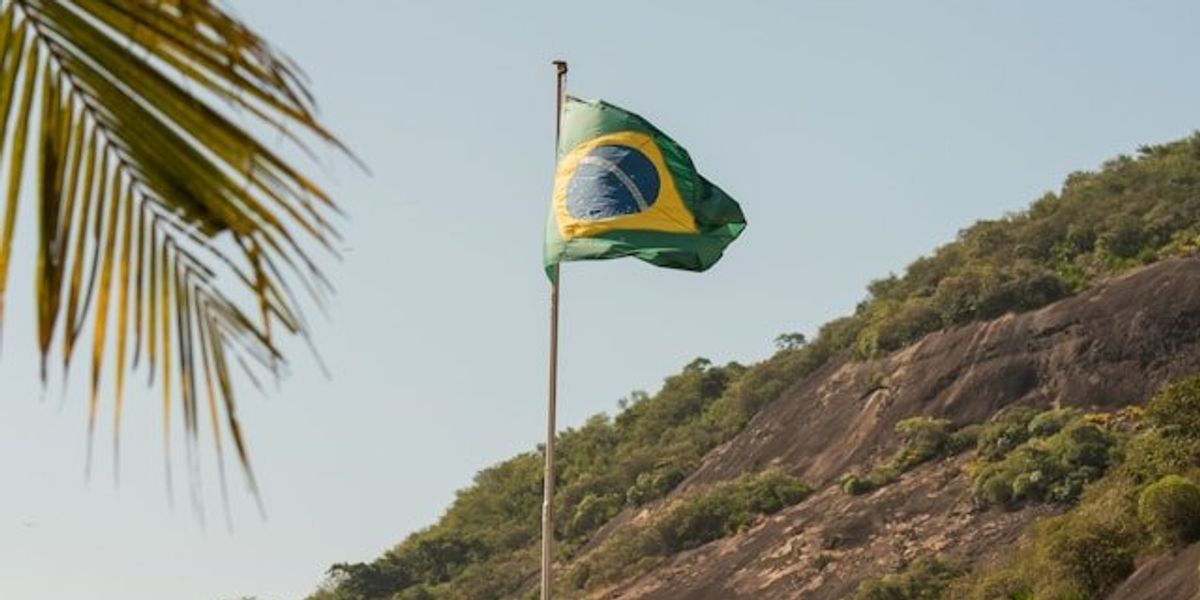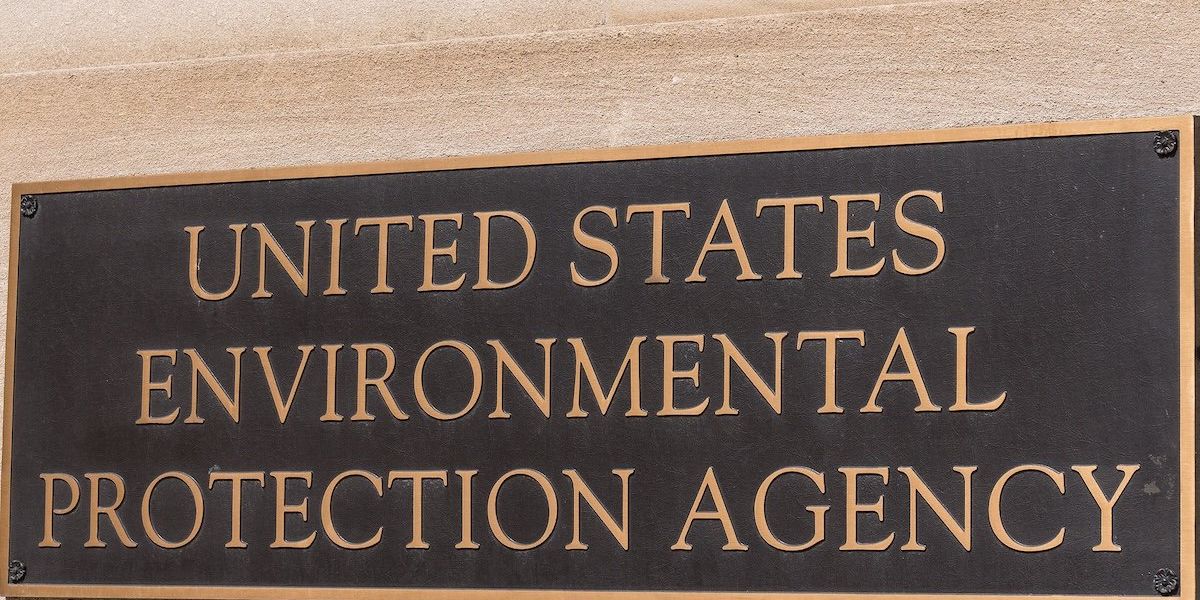indigenous
Seafood testing project aims to safeguard Indigenous food traditions
A collaboration between Vancouver Island University and the Canadian Food Inspection Agency seeks to improve biotoxin testing in seafood to protect Indigenous food sovereignty.
In short:
- Indigenous communities relying heavily on seafood face higher risks from paralytic shellfish poisoning (PSP).
- Current testing is slow, expensive and inaccessible for remote areas, prompting research into portable kits.
- Researchers are exploring alternative seafood sources like sea urchins, which may not absorb dangerous toxin levels.
Key quote:
"Could we eventually get a test that’s reliable and easy to use like a pregnancy test or COVID RAT [rapid antigen test] into Indigenous communities which could tell people if the seafood is safe to eat? That’s our aim."
— Timothy Green, Vancouver Island University's Canada Research Chair in shellfish health and genomics
Why this matters:
Remote Indigenous communities depend on seafood for cultural and nutritional needs but are vulnerable to biotoxins. Improved testing methods could help safeguard these communities from the health risks of PSP and preserve their traditional diets.
Related: Dieldrin dilemma: How dated science and fish-eating advisories may be putting brains at risk
Apache group petitions Supreme Court to halt copper mine on sacred land
Apache Stronghold members are traveling across the U.S. to gather support as they petition the Supreme Court to block a copper mine on Arizona land sacred to their tribe.
In short:
- Apache Stronghold opposes a copper mine planned for Oak Flat, a sacred site in Arizona, arguing it violates their religious freedom.
- The group lost its appeal in lower courts but hopes the Supreme Court will hear their case, claiming the mine threatens their spiritual practices.
- The planned mine could meet 25% of U.S. copper demand but would devastate the environment, leaving a massive crater and depleting local water resources.
Key quote:
“We thought it was an Apache case. But no, it became a Native American case. It became a state case. It’s a country case. It’s a human being case.”
— Wendsler Nosie Sr., leader of Apache Stronghold.
Why this matters:
The case highlights the ongoing conflict between resource extraction and Indigenous rights, raising concerns about environmental destruction and the erosion of sacred cultural practices.
Related EHN coverage:
Six Ontario First Nations challenge mining law in court
Six northern Ontario First Nations have filed a lawsuit against the province, claiming that its mining laws allow mineral claims on their lands without consultation, violating their rights.
In short:
- The court case challenges Ontario's Mining Act, which allows miners to stake claims on Indigenous lands without prior consultation.
- The First Nations argue this system infringes on their Treaty and Charter rights, demanding changes to the law.
- Ontario's mining laws have faced criticism for being "racist and colonialist," with similar cases emerging across Canada.
Key quote:
"The Ontario Mining Act is a piece of racist legislation that bulldozes over First Nations lands and rights. It says to the world that the land in Ontario is free for the taking and drilling and blowing up."
— June Black, Chief of Apitipi Anicinapek Nation.
Why this matters:
The case could reshape how mining rights are granted in Ontario, ensuring that Indigenous communities have a say in what happens on their traditional lands. This legal challenge reflects broader tensions over resource extraction and Indigenous sovereignty in Canada.
Brazil revisits law restricting Indigenous land claims amid rising violence
Indigenous communities in Brazil face increasing violence as the Supreme Court reviews a controversial law limiting land rights based on occupation before 1988.
In short:
- The Brazilian Supreme Court is reconsidering a law that restricts Indigenous land claims to territories occupied before 1988.
- Critics argue the law is unjust, as many Indigenous groups were forcibly displaced before that date and now face conflicts with farmers and developers.
- Violence against Indigenous communities has surged, with over 200 murders reported in the past year alone.
Key quote:
“We need to guarantee that Indigenous lands are demarcated and protected in order to combat climate change.”
— Kleber Karipuna, executive director, Articulation of Indigenous Peoples of Brazil.
Why this matters:
The law threatens Indigenous land rights, fueling violence and undermining efforts to protect critical biodiversity and combat climate change.
Report: Tribes in the Pacific Northwest face climate change funding barriers
Tribes in the Pacific Northwest struggle to access funds for climate change adaptation due to bureaucratic challenges, despite being on the frontline of climate impacts.
In short:
- Pacific Northwest tribes face severe climate impacts, like rising seas and extreme heat, but encounter bureaucratic obstacles when seeking government funds to address these issues.
- Many tribes cannot provide matching funds or staff to meet grant requirements and find that the funds they receive are limited and restrictive.
- Tribes emphasize the need for federal agencies to address these barriers and fulfill their trust responsibilities to support tribal adaptation efforts.
Key quote:
"This is a time of historic state and federal investment in climate action, and tribal priorities really need to be considered when making decisions around how we’re going to be directing this investment."
— Meade Krosby, senior author of the report by the Northwest Climate Resilience Collaborative.
Why this matters:
Coastal tribes in the U.S. face some of the most significant threats from climate change, impacting their communities and traditional ways of life. Ensuring equitable access to funding and resources is crucial for their adaptation efforts and to support broader climate resilience.
EV infrastructure challenges for rural and Indigenous communities
Indigenous communities face significant challenges in adopting electric vehicles due to inadequate infrastructure, but advocates see potential solutions to bridge the gap.
In short:
- Electric vehicles (EVs) are growing in popularity, but rural and remote areas lack charging infrastructure.
- Indigenous communities are particularly impacted by infrastructure deficits, including poor roads and unreliable electricity.
- Advocates like Kent Heinrich and Jessica Tait push for improved EV infrastructure to support these areas.
Key quote:
“If the charging infrastructure is not there, if it’s not reliable, that will impact businesses, job opportunities, people connecting with family, food; it will impact just about anything you use your vehicle for.”
— Jessica Tait, sustainable transportation manager, Indigenous Clean Energy
Why this matters:
Bridging the EV infrastructure gap in rural and remote communities can help reduce carbon emissions and support sustainable development. Enhanced infrastructure also addresses broader issues of access and equity for Indigenous populations.
Related EHN coverage:
The renewable energy shift could deepen inequalities for Indigenous communities
The green transition could worsen socioeconomic disparities for Indigenous peoples unless Western science and settler colonialism are addressed, a new study finds.
In short:
- Indigenous knowledge is often marginalized or appropriated by Western researchers.
- The Lenape Indian Tribe of Delaware strengthened sovereignty by revitalizing connections to the land.
- Indigenous communities face ongoing challenges, such as the San Carlos Apache fighting copper mining in Arizona.
Key quote:
“Western Science is really what dominates the way we talk about climate adaptation. Indigenous knowledge is either subsumed [or] appropriated.”
— Lyndsey Naylor, University of Delaware
Why this matters:
Marginalizing Indigenous knowledge exacerbates climate change impacts and entrenches colonial violence. Integrating Indigenous practices is crucial for equitable climate solutions.
Related EHN coverage:



















